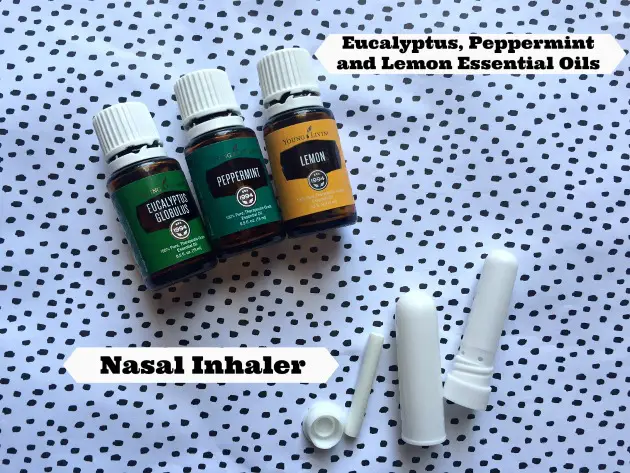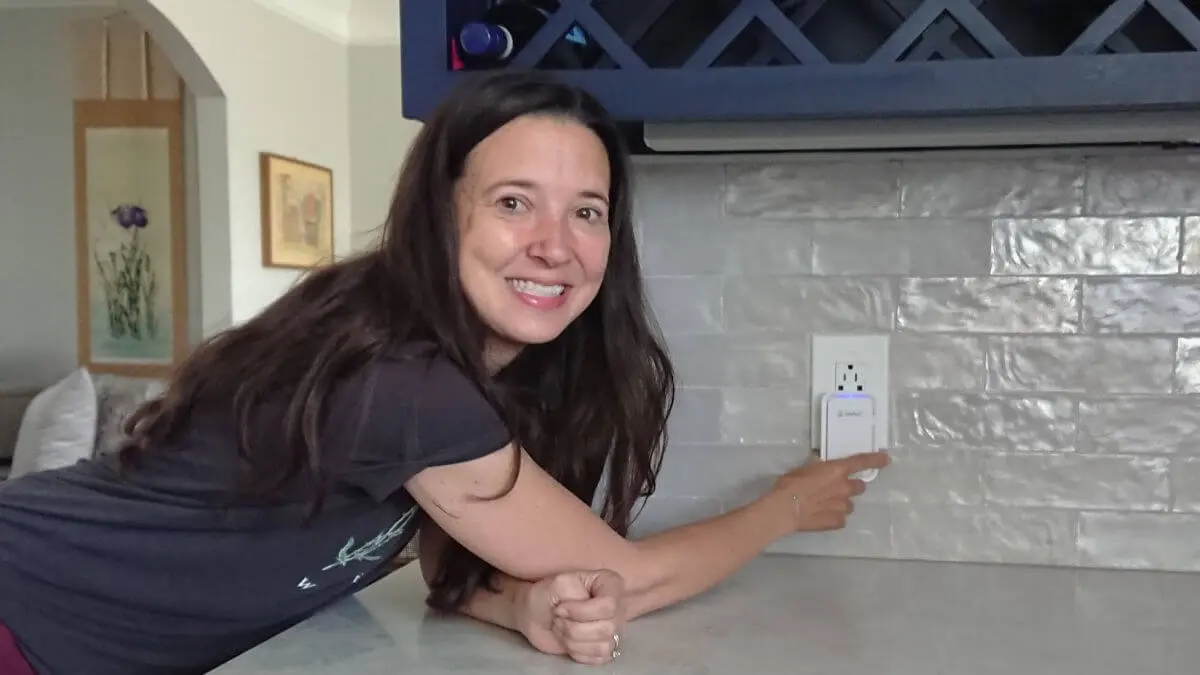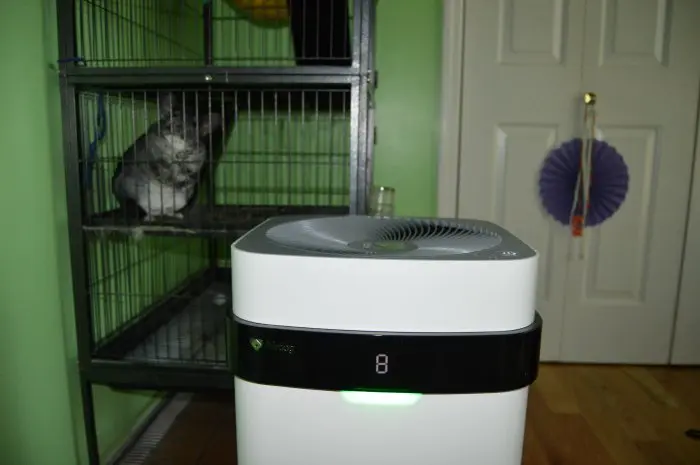It is the season for stuffy noses, congestion and sinus pressure. No one has time for that nor wants to struggle with breathing! A lot of people depend on store bought nasal inhalers to clear up their sinuses and while some of those do work, they often contain things that just aren’t great for you […]
allergies
Clarifion Review [Ionic Air Purifier]
️Clean air is super important to me because I know what we breathe effects our health. This time of year, allergy season is particularly strong and I am always doing my best to try to reduce indoor air pollution. That is why I am happy to partner with Clarifion. They make a nifty little product […]
Airdog Air Purifier X5 Review
I live in Tennessee and I just love it here. I always say it is one of the greenest states but that also means that every spring, as everything bursts into bloom, the pollen count goes through the roof! Every spring, my son gets allergies. I think good indoor air quality is important for everyone, […]



